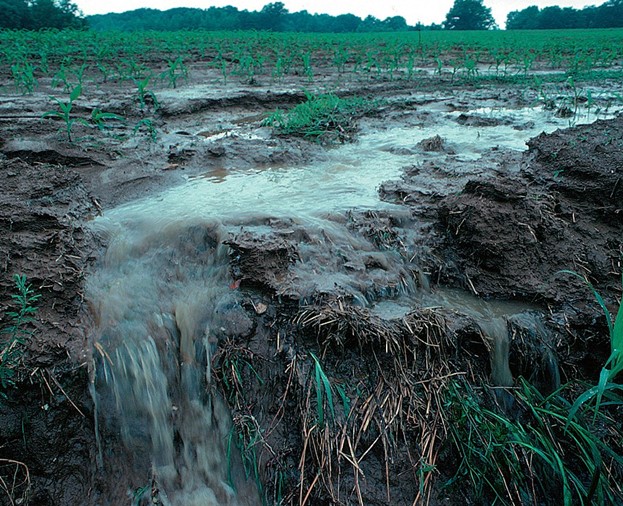



Australia's NFF welcomes new climate change measures and reduced emissions targets
The National Farmers' Federation says that Australia's suite of climate change action measures recognise the agriculture sector's capacity to reduce emissions and mitigate climate change.President Fiona Simson said the methodologies released by Energy & Emissions Reduction Minister Taylor, complemented a suite of established measures and were another important tool in the toolbox.
Minister Taylor identified five methodology priorities.
“The two that the NFF are vitally interested in are soil carbon and plantation forestry,” Ms Simson said.


“Soil carbon especially, needs much more research and better information about the impacts of different management practices. We are pleased that these methodologies will be designed with industry.
“We also welcomed the Minister’s reiteration this week of the substantial role agriculture has already played in Australia’s emissions reduction.”
Emissions from cropping and grazing have fallen by 69 percent over the past three decades, from about 300 million tonnes per year in 1990 to about 92 million tonnes today.
Ms Simson said the NFF maintained the view that farmers should have been compensated for the land clearing limitation laws that lead to the reduction.
“Our members are steadfast that these credits should not be forfeited.”
The NFF has a plan for agriculture to be Australia’s next $100 billion industry by 2030. To get there, an important goal is for the farm sector to be trending towards carbon neutrality by the same year.
The NFF also supports an economy wide net carbon neutral target by 2050, with a number of strict conditions.


“Farmers must be convinced that there are identifiable and economically viable pathways to net neutrality, including impacts from inputs such as energy; and any associated legislation must be fair and advantageous to agricultural. It’s essential that there is no unnecessary regulatory impediment.”
Ms Simson said farmers shared the Government’s view that a target must be underpinned by a robust plan.
“At a Government and industry level, there is a lot of good work underway on the path to a reduced emissions future.”
The Climate Research Strategy for Primary Industries (CRSPI) aims to support farmers to use a common approach to develop sector specific greenhouse gas baselines and to create transparency and trust in comparing sectoral and individual responses.
“Accurate and agreed-to measurement methodologies are paramount to agriculture’s full participation in emissions reduction efforts.”
Ms Simson said the NFF welcomed the new levy-funded, cross-commodity Agriculture Innovation Australia (AIA) and its identification of climate as a priority area for investment and innovation.
“The AIA Climate Initiative is undertaking comprehensive consultation with RDCs, the NFF, state farming organisations and peak commodity groups
“We commend Minister Littleproud on bringing AIA to fruition and its focus on climate.”
Meat and Livestock Australia has also updated its plan for the red meat sector to be carbon natural by 2030, to include an investment program of $230 million This commitment will complement and integrate with the AIA and CRSPI initiatives.
Ms Simson said other complementary government initiatives included:
- The Low Emission Technology Statement, which targets five priority technology stretch goals, of which soils carbon, clean hydrogen and energy storage are of considerable interest.
- The Agriculture Stewardship Fund, which includes a grants scheme for co-benefits, a Biodiversity Certification Scheme and NFF’s Agriculture Sustainability Framework.
- The King Review of the Emissions Reduction Fund which includes recommendations for a small-scale fixed carbon price and development of stacking or co-benefit options.
“There is no doubt the Government has established serious initiatives backed by significant investment, which is entirely appropriate to proactively address the wicked dilemma of climate change,” Ms Simson said.
“The farm sector not only conditionally supports an economy wide aspiration of net zero emissions by 2050, we are also engaged with the considerable and demonstrable efforts underway that will put agriculture in the best position to adapt in these changing times.”









